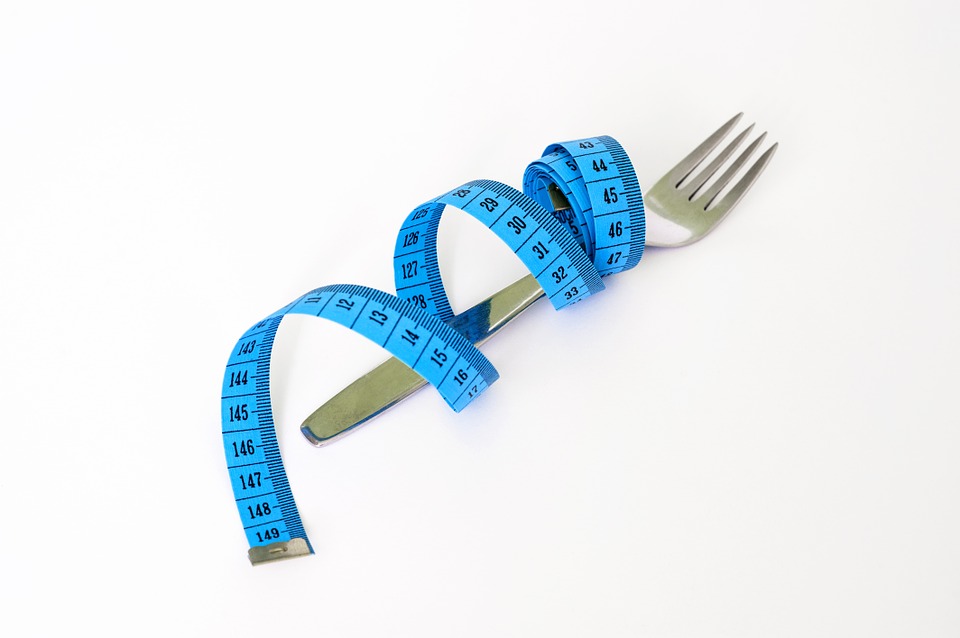How to Spot a Dodgy Weight Loss Programme
08/22/2016 / By slendernews

If you’re desperate to shed stubborn kilos, here’s a tempting idea: weight loss clinics that use blood tests to check various hormone levels then design a treatment to rebalance those hormones to help you lose weight.
(Article by Paul Goodyer)
This might sound like serious science to you and I but to head of the Clinical Obesity Laboratory at the Baker IDI Heart and Diabetes Institute Professor John Dixon it sounds more like expensive snake oil – there’s no evidence that checking hormone levels and “rebalancing” them improves overweight or obesity, he says.
“There are many hormones that can influence weight but knowing what those levels are isn’t much help when it comes to helping people lose weight and keep it off,” explains Dixon.
“We know that insulin influences weight and that if someone has insulin resistance it’s harder for them to lose weight, for example, but knowing this doesn’t help us to treat overweight and obesity more effectively.”

It’s important to check the label of nutritional shakes to make sure they’re a true meal replacement with all the nutrients needed for a complete meal.
Weight loss programmes are a mixed bunch with price tags starting with $48 for a month’s supply of meal replacements from the supermarket or $33.30 a month for Weight Watchers online to others costing more than $2000. But there can be pitfalls – there’s little in the way of regulation and no real way for consumers to know how well a programme will work before they sign up.
“The bottom line with any weight loss programme is does it teach you a way of eating and planning and preparing meals that will help you manage your weight for the rest of your life?” says Lisa Renn, a spokesperson for the Dietitians’ Association of Australia.
“Any programme that’s restrictive and forces you to do things very differently to what you’d normally do only works in the short term.”
Nor does it teach you to listen to your body’s hunger signals – in Renn’s experience, serial dieters often have no trust in their own ability to feed themselves because they’ve followed restrictive diets that haven’t taught them to eat intuitively.
“Long term dieters are often too frightened to open a packet of nuts in case they can’t stop,” she says.
Meal replacement shakes have credibility for kick starting weight loss in people who are overweight with a BMI of 30 or who have a BMI of 28 as well as problems that are related to being overweight such as type 2 diabetes or insulin resistance, says Renn. Ideally they’re used with supervision by a health professional such as a GP, an Accredited Practising Dietitian or a psychologist. It’s also important to check the label of products to make sure they’re a true meal replacement with all the nutrients needed for a complete meal and not just a protein shake, she adds.
“Protein shakes are okay now and again but they’re not a complete meal.
“But unless you’re also learning how to plan and prepare healthy meals and snacks and eat according to your hunger, meal replacements only work in the short term – if you’re someone who eats in response to stress, no amount of meal replacements will help,” she says.
What about programmes that deliver ready made meals?
“They can work and can help you get an idea of portion sizes but again you’ll only keep weight off in the long term if you’re also learning how to feed yourself without relying on prepared meals,” Renn says.
As for signs that a weight loss programme isn’t based on good evidence, the ‘rebalancing hormones’ approach is one.
OTHER WARNING SIGNS:
– Carbs are heavily restricted. “The fibre in wholegrains is important for gut health – minimising whole grains can set you up for bowel problems,” she says.
– The programme uses testimonials. It’s a sign that whoever is running it has no qualification as a medical doctor, Accredited Practising Dietitian, Accredited Exercise Physiologist or psychologist- these health professions are regulated by the Australian Health Practitioner Regulation Agency and aren’t allowed to use testimonials to market clinical services. If they are using testimonials they’re breaking the rules.
– There’s no need to exercise. “If a programme says there’s no need to exercise to lose weight that’s quite true,” says Renn. “However you do need to exercise if you want to maintain that weight loss and stay healthy.”
Read more at: stuff.co.nz
Tagged Under: Dodgy Weight Loss Programme, fitness, slender, slim, weight loss




















